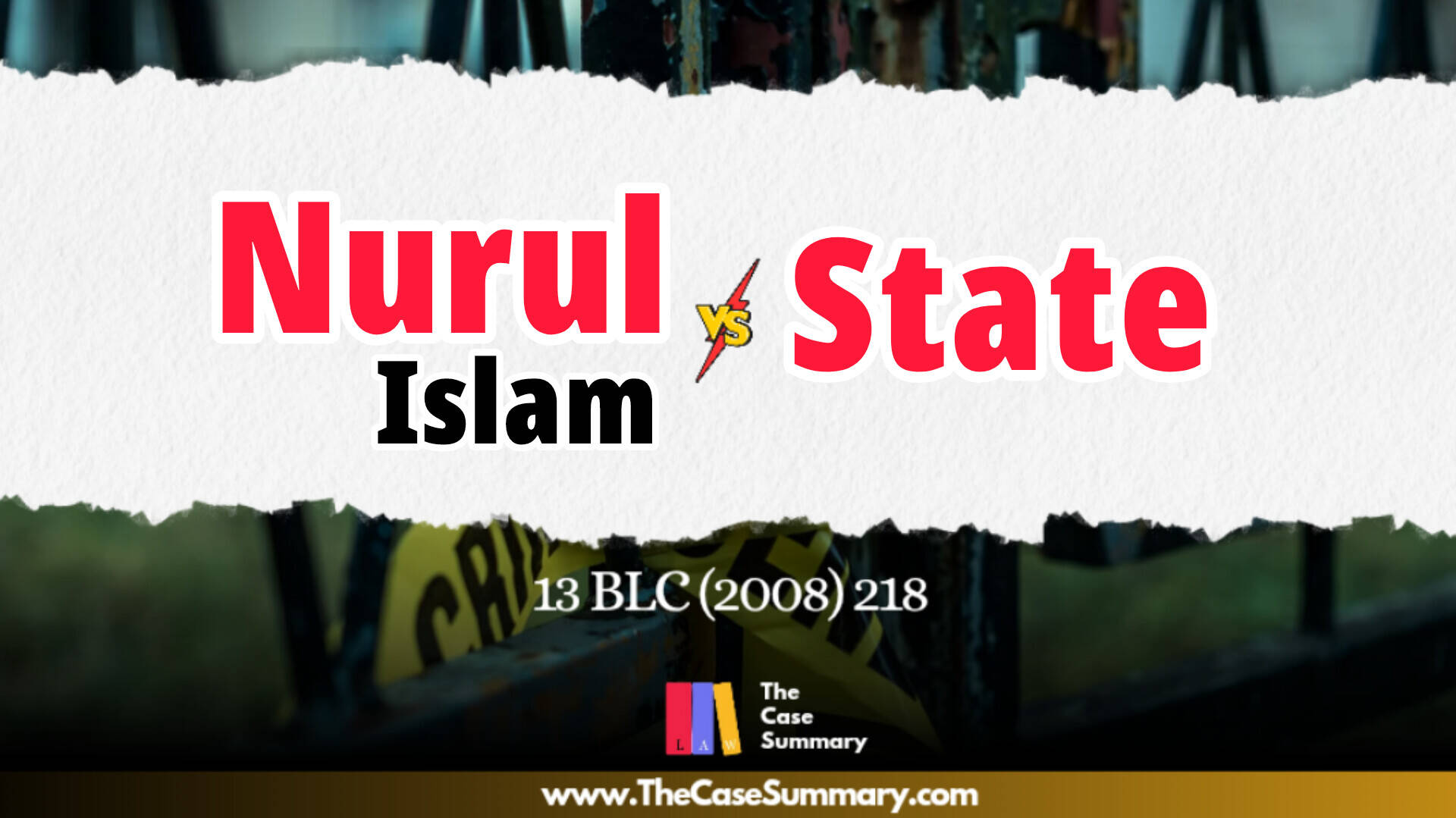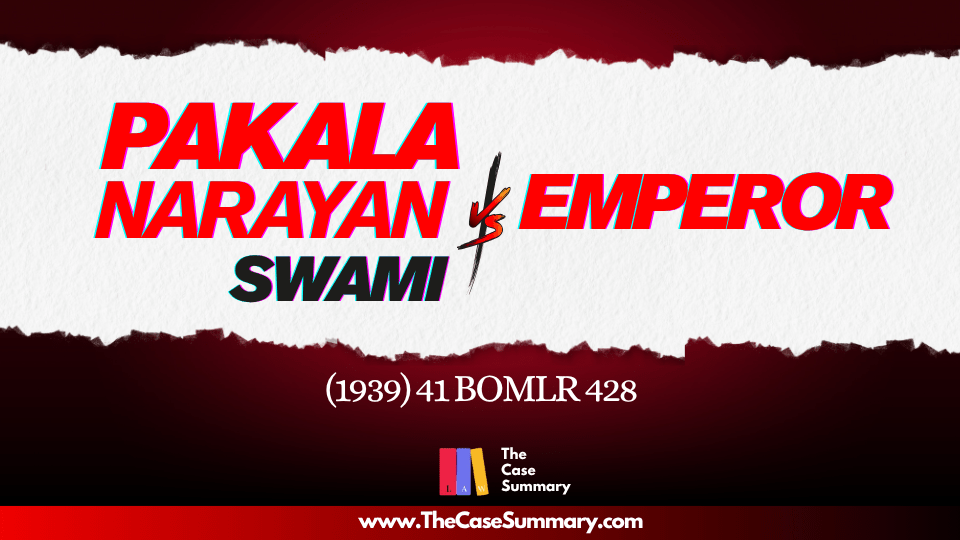R. vs Bedingfield
Citation : (1879) 14 Cox C.C. 341
Jurisdiction : England
Plaintiff : R. (Regina/The State)
Defendant : Henry Bedingfield
Facts :
The accused Henry Bedingfield had a prior relationship with the deceased woman. They were having some disputes in their relationship. Bedingfield allegedly harboured resentment towards the woman due to her refusal to fulfil a proposal made by the defendant and her desire to end their relationship. This led him to issue violent threats, including threats to kill her.
The victim ran a laundry business and had two assistants helping her. The night before the incident, the deceased informed local policemen about the threats and requested them to keep watch over her house. Early the next morning, Bedingfield visited her home which was unusual for him. They spent some time together and after a while, he left for a store. The woman’s two assistants came and saw her lying on the floor senseless. The defendant returned to the house and entered her room while her assistants were in the yard. A few moments later, the victim came out of her house screaming, holding her throat, which was bleeding from a deep cut. She reportedly told her assistants, “Oh, aunt, see what Bedingfield has done to me!” Within a few moments, she succumbed to her injuries on the spot.
Issues :
1. Is the statement made by the deceased before her death admissible as evidence?
2. Does the statement fall under the exception of “Res Gestae”?
Arguments :
1. Though the prosecution did not bring the dying statement directly, they initially submitted it as evidence in the court. They argued that, according to the witnesses, the victim was so frightened when she was giving the statement. Therefore, the prosecution tried to impose the doctrine of res gestae against the defendant.
2. A question was raised by the defence lawyer that, the incident could have been a suicide rather than murder. But according to the medical experts, the wound of her throat was extensive, measuring three to four inches and had severed the trachea and the jugular vein. Consequently, they ruled out the possibility of suicide.
1. The defendant argued that “res gestae” requires that the statement be part of the act itself, not something said afterwards. Res gestae requires spontaneity and an immediate connection to the crime, without any opportunity for reflection or fabrication. Since the victim made the statement after leaving the crime scene, it was not part of the continuous transaction of the event.
2. The prosecution did not reintroduce the victim’s statement as a dying declaration after medical testimony was given. The defence highlighted that, for a dying declaration to be admissible, the declarant must have a full understanding of their imminent death. Since there was no proof that the victim believed she was dying when making the statement, it failed to meet the legal criteria for admissibility.
Decisions :
Lord Cockburn CJ ruled that the statement was inadmissible, as it was made after the attack had ended. The Court also noted that the statement was not admissible as a dying declaration because the deceased did not express a belief that she was about to die. Moreover, there was no evidence that she had lost all hopes of recovery from the injury when making the statement. Besides, he stated that it could not be considered part of the res gestae since it was not made during the incident but afterwards, giving room for possible fabrication. Despite this, other evidence strongly pointed to the defendant’s guilt. The nature of the victim’s injuries and the position of the razor suggested an intentional attack rather than an accident or self-inflicted harm.
Cockburn CJ emphasized to the jury that it was the deceased woman, not the accused, who ran out, seemingly to raise an alarm or make a complaint. Based on these factors, the Court found Bedingfield guilty of murder, and he was sentenced to death.
Relevant Principle :
Doctrine of Res Gestae : When something is so closely connected with the main fact that the two can be considered parts of the same transaction, it is called res gestae and is admissible as evidence. Res gestae is an exception to the rule against hearsay.
Relevant Laws :
- The Evidence Act, 1872
- Section : 6
Note : The Case Summary is a platform by the law students, for the law students. We aim to summarize the facts and decisions of various important cases in both Bangla and English with utmost caution. However, this platform is in no way a replacement for going through the complete judgements by the law students and we discourage any learner from relying on case summaries alone. Thank you



